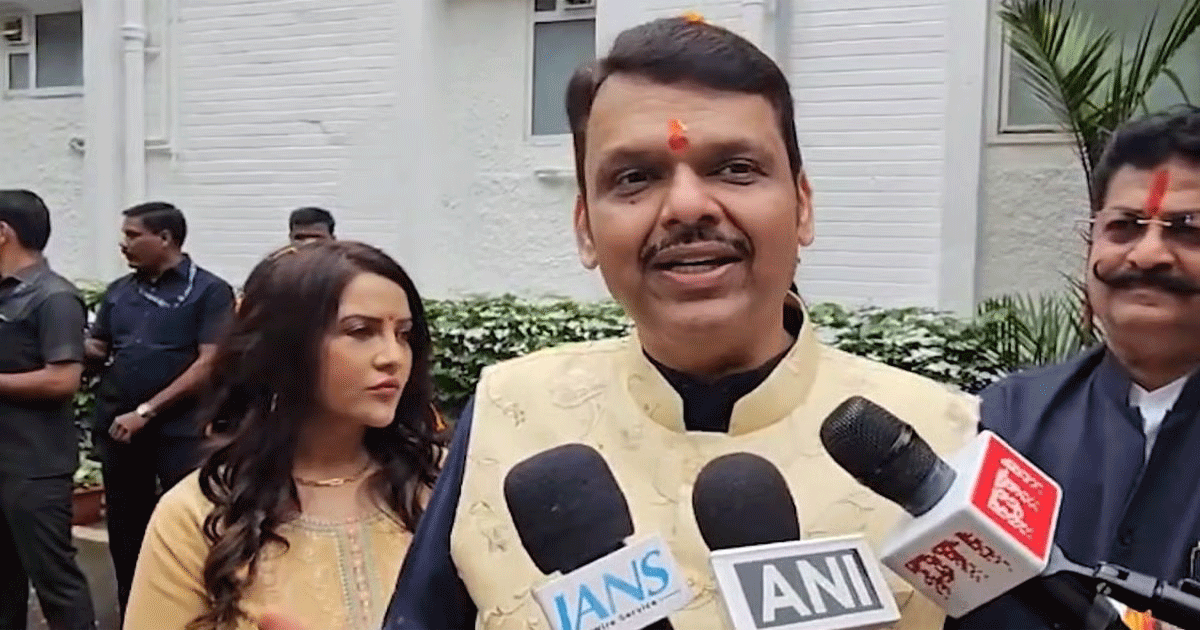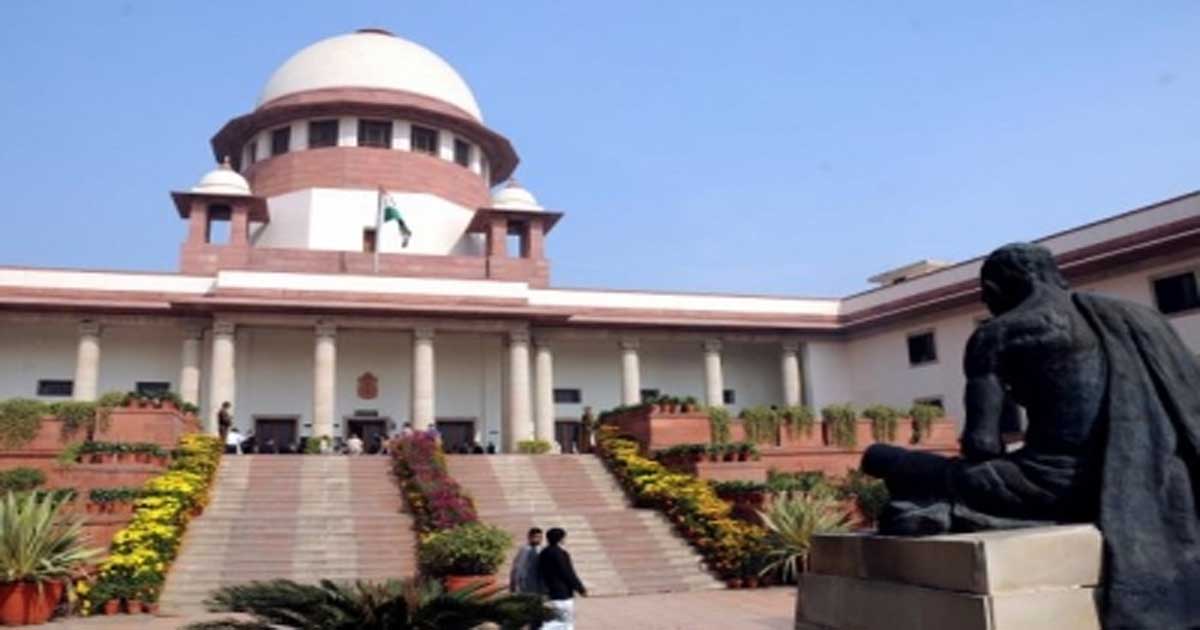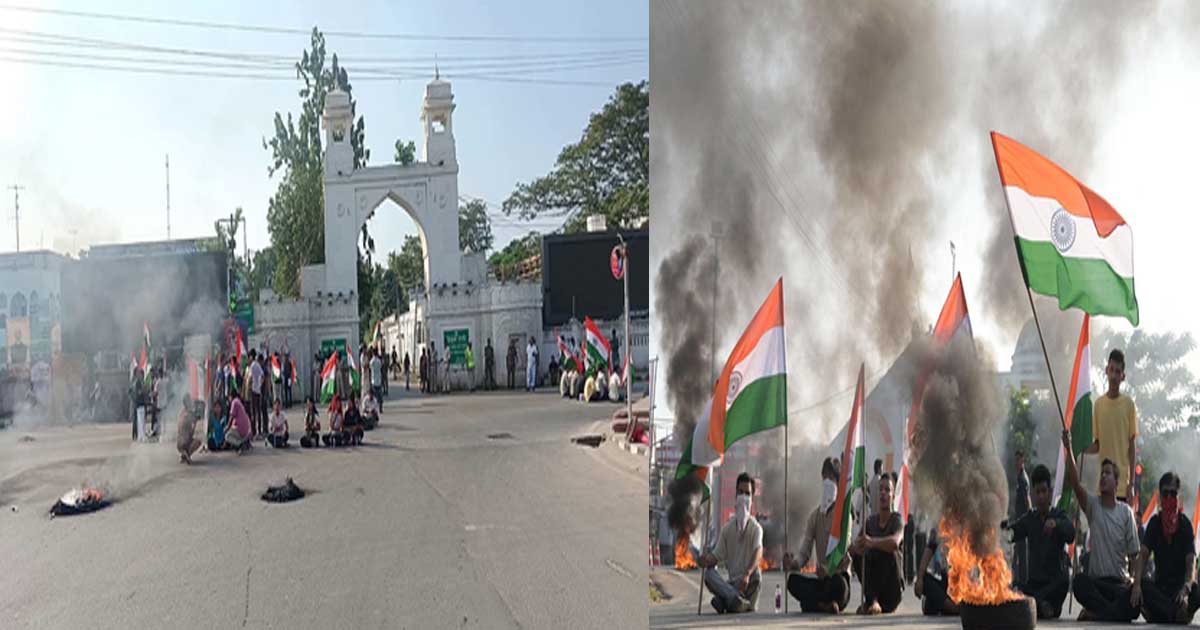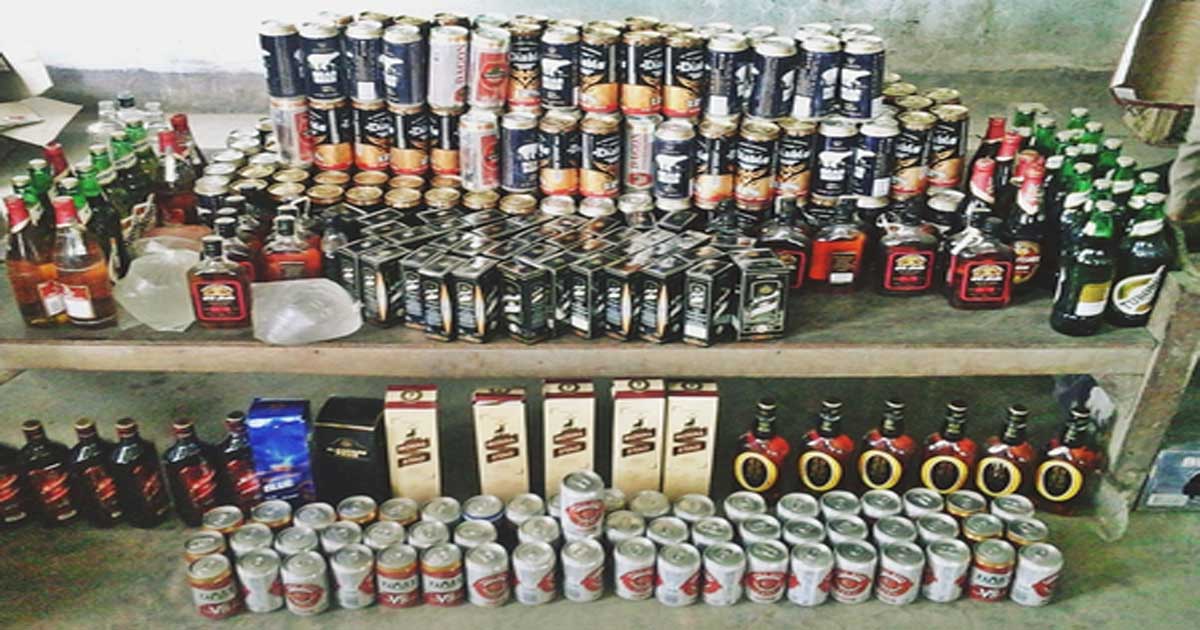National News
‘PM Modi Is Great Whether Trump Says It Or Not,’ Says Maharashtra CM Devendra Fadnavis

Mumbai: Maharashtra Chief Minister Devendra Fadnavis on Saturday said Prime Minister Narendra Modi is a great leader irrespective of whether US President Donald Trump says it or not, and added that India frames its own foreign policy, which cannot be dictated to it by any other country.
His statement comes in the wake of Trump’s praise of PM Modi.
Trump on Friday said, “I’ll always be friends with (Narendra) Modi, he’s a great prime minister. He’s great. I’ll always be friends, but I just don’t like what he’s doing at this particular moment.”
The relations between New Delhi and Washington are on a major downturn after Trump doubled tariffs on Indian goods to a whopping 50 per cent, including 25 per cent additional duties for India’s purchase of Russian crude oil. India described the US action as “unfair, unjustified and unreasonable”
When asked about the US President’s remarks, CM Fadnavis said, “Whether Trump says it or not, PM Modi is great. All world leaders feel that he is a great leader. American stand these days is… some praise us and some try to pull us down. But this is a new India…Modiji’s India. We decide our own foreign policy and nobody can dictate it to us.” The country’s march to become Viksit Bharat will continue, he added.
Fadnavis was speaking to reporters after the immersion of Lord Ganesh idol, installed at his official residence ‘Varsha’ in south Mumbai, in an artificial tank there.
On the occasion, he appealed to citizens to bid farewell to Lord Ganesh with traditional fervour and in a peaceful manner.
“All of us bid goodbye to the Lord with a heavy heart and with a sense of happiness that he will return next year,” he said.
The 10-day Ganesh festival, which began on August 27, drew to a close on Saturday.
Crime
SC warns of action against untruthful witnesses in criminal trials

New Delhi, Oct 23: The Supreme Court has issued a stern warning to witnesses attempting to mislead trial proceedings in a criminal case, directing that any such conduct be dealt with strictly by the trial court.
Remarking that the integrity of the judicial process must be preserved, a bench of Justices Ahsanuddin Amanullah and N.V. Anjaria observed: “If the trial court finds that any witness has tried to take sides in their deposition without being truthful to the court, the court shall take suo motu cognisance of such conduct and initiate action in their individual capacity.”
The observation came amid submissions by senior advocate Vipin Sanghi, appearing for the petitioner, that three private prosecution witnesses had turned hostile after the accused/respondent no.2 was released from custody.
Sanghi added that such a development “speaks volumes about the conduct of the respondent”.
Although senior advocate Mukta Gupta, appearing for the accused, “strongly denied such allegation”, the apex court expressed concern over the possible influence on witnesses.
Stressing the need for fairness, the Justice Amanullah-led Bench also directed that the remaining official witnesses — two doctors and Forensic Science Laboratory (FSL) officers — record their evidence “under full police protection, without the witnesses being intimidated or influenced in any manner”.
“Keeping in view the fact that now all private individuals, who were prosecution witnesses, have been examined, and only two doctors and the Forensic Science Laboratory(FSL) officers, who are official witnesses, remain to be examined, we direct the learned Senior Advocate for the respondent no.1 (State) to ensure that the remaining witnesses record their evidence under full police protection, without the witnesses being intimidated or influenced in any manner,” the apex court said.
It further ordered that its directions be “communicated to the concerned witnesses prior to their deposition”.
The matter has been listed for further hearing on December 11.
National News
BJP’s ally TMP observes 24-hour shutdown over eight demands in Tripura

Agartala, Oct 23: Normal life was affected in Tripura on Thursday after the ruling BJP’s ally, the Tipra Motha Party (TMP)-affiliated civil society, called a 24-hour shutdown in support of its eight-point demands, including the deportation of illegal migrants.
A senior police official said that to make the shutdown successful, picketers organised sit-in demonstrations at more than 52 key locations across the state and in two places along the railway tracks in West Tripura and Khowai districts.
“There is no report of any untoward incident from anywhere in the state. The situation is quite under the control of the police and administration,” the official said, adding that large contingents of security forces, including the Tripura State Rifles (TSR) and Central Reserve Police Force (CRPF), were deployed across the state.
Though attendance of employees and officers in most government offices and banks across Tripura was almost normal, private offices, shops, markets, and business establishments in many places remained closed. Movement of public vehicles on most highways, including National Highway-8, the surface lifeline of Tripura, came to a halt as bandh supporters blockaded roads at several points.
The Tiprasa Civil Society (TCS), led by TMP MLA Ranjit Debbarma, called the 24-hour shutdown on Thursday to highlight its eight-point charter of demands.
The demands include the immediate implementation of the Tiprasa Accord, identification and deportation of all illegal immigrants, setting up of detention camps in each district for illegal immigrants, holding of elections to the Village Committees under the Tripura Tribal Areas Autonomous District Council (TTAADC), and introduction of the Inner Line Permit system to prevent infiltration.
Debbarma, who is also a senior TMP leader, said that several BJP-ruled states, including Assam, Gujarat, Maharashtra, and Delhi, have taken steps against illegal migrants, but the Tripura government has yet to act despite directives from the Ministry of Home Affairs (MHA).
“The BJP government holds elections in all urban and rural bodies, but is not holding the elections to the Village Committees under the TTAADC,” the tribal leader told the media.
The Tripura government had earlier issued a notification announcing that all its offices would remain open on Thursday. “It has come to the government’s notice that some organisations have called a statewide bandh on October 23. Keeping this in view, government offices and public sector undertakings will remain open on October 23. The government workforce will work as usual,” the notification said.
While opposing the shutdown, Chief Minister Manik Saha on Wednesday said that development cannot be stalled by observing strikes in the state. Without naming anyone or any party, he said that although an NGO has called the bandh, people know who is behind it.
“Many NGOs have also opposed the strike,” he added. “The bandh call is aimed at drawing media attention and sending a message across the country that something is happening in Tripura, but development cannot be stalled this way,” Saha told the media.
CPI(M) Tripura state secretary and Leader of Opposition Jitendra Chaudhury, also opposing the shutdown, said that the demands on which the strike was called were not related to the common people.
After year-long deliberations and the signing of a tripartite agreement with the Centre and the Tripura government on March 2 last year, the then opposition and tribal-based TMP, which has 13 MLAs, joined the BJP-led coalition government in the state on March 7, 2024, adding a new dimension to Tripura’s political landscape. Two TMP MLAs, Animesh Debbarma and Brishaketu Debbarma, were inducted into the ministry headed by Chief Minister Manik Saha.
The TMP, led by Pradyot Bikram Manikya Debbarma, had also organised a demonstration in Delhi on September 9 to press for its demands.
The party has also been demanding “Greater Tipraland”, a separate state for tribals under Articles 2 and 3 of the Constitution — and the early conduct of the long-pending Village Committee elections within the TTAADC areas. Since 2021, the TMP has been governing the 30-member politically significant TTAADC, which covers two-thirds of Tripura’s 10,491 sq km area and is home to over 12.16 lakh people, about 84 per cent of whom are tribals.
National News
Kerala looks to boost local liquor production

Thiruvananthapuram, Oct 23: Kerala Excise Minister M. B. Rajesh on Thursday called for a significant increase in local liquor production, highlighting the potential to not only meet domestic demand but also explore export opportunities.
The minister, however, acknowledged that local opposition may arise but stressed that such concerns should not impede progress.
Despite the presence of nine distilleries in the state, no liquor is being produced by them, he noted.
“The state has the capacity to produce its own liquor, yet some vested interests are actively opposing local production,” he said.
Concerns over water availability have also been cited, but Rajesh questioned their validity, pointing out that Kerala’s water situation is not markedly different from neighbouring Karnataka.
He emphasised that the government will not bow to vested interests and indicated that some controversial measures might be necessary to move forward.
On the policy front, Rajesh advocated for a five-year liquor policy, noting that the current system of annual policy formulation has created uncertainty for the industry.
“The absence of a long-term liquor policy discourages investors and industrialists from setting up operations in Kerala,” he contended.
The minister added that the unpredictability over whether the policy would change in the following year has been a major concern for manufacturers.
He further highlighted that a long-term policy would provide stability and predictability, encouraging both domestic production and potential exports.
Discussions on formulating such a policy are reportedly underway, signalling the government’s intent to create a more investor-friendly environment for the liquor industry.
According to government data presented in 2023, Kerala’s consumption is actually lower than some other states, at 12.4 per cent compared to the national average.
Minister Rajesh’s statements underscore a shift in Kerala’s approach to liquor production, balancing industrial growth with regulatory oversight while confronting entrenched opposition.
With both policy and production reforms on the horizon, the state aims to transform its liquor sector into a sustainable and economically beneficial industry.
-

 Crime3 years ago
Crime3 years agoClass 10 student jumps to death in Jaipur
-

 Maharashtra1 year ago
Maharashtra1 year agoMumbai Local Train Update: Central Railway’s New Timetable Comes Into Effect; Check Full List Of Revised Timings & Stations
-

 Maharashtra1 year ago
Maharashtra1 year agoMumbai To Go Toll-Free Tonight! Maharashtra Govt Announces Complete Toll Waiver For Light Motor Vehicles At All 5 Entry Points Of City
-

 Maharashtra1 year ago
Maharashtra1 year agoFalse photo of Imtiaz Jaleel’s rally, exposing the fooling conspiracy
-

 National News1 year ago
National News1 year agoMinistry of Railways rolls out Special Drive 4.0 with focus on digitisation, cleanliness, inclusiveness and grievance redressal
-

 Maharashtra11 months ago
Maharashtra11 months agoMaharashtra Elections 2024: Mumbai Metro & BEST Services Extended Till Midnight On Voting Day
-

 National News1 year ago
National News1 year agoJ&K: 4 Jawans Killed, 28 Injured After Bus Carrying BSF Personnel For Poll Duty Falls Into Gorge In Budgam; Terrifying Visuals Surface
-

 Crime1 year ago
Crime1 year agoBaba Siddique Murder: Mumbai Police Unable To Get Lawrence Bishnoi Custody Due To Home Ministry Order, Says Report












